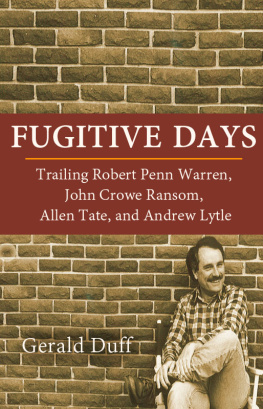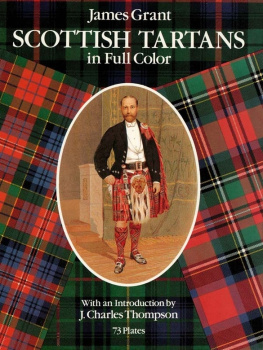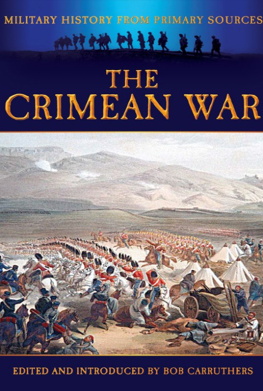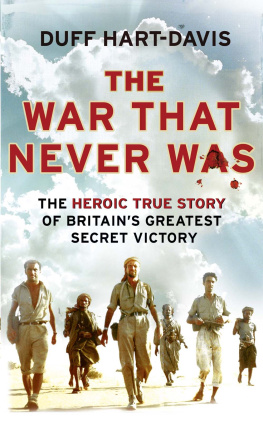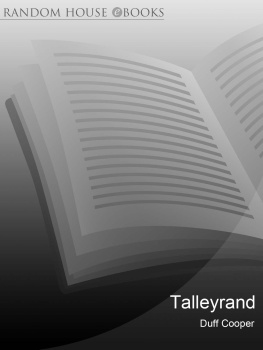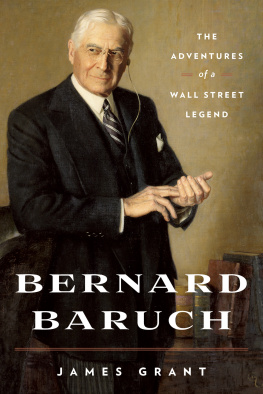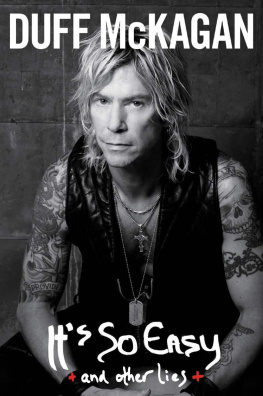This edition is published by PICKLE PARTNERS PUBLISHING www.picklepartnerspublishing.com
To join our mailing list for new titles or for issues with our books
Or on Facebook
Text originally published in 1828 under the same title.
Pickle Partners Publishing 2013, all rights reserved. No part of this publication may be reproduced, stored in a retrieval system or transmitted by any means, electrical, mechanical or otherwise without the written permission of the copyright holder.
Publishers Note
Although in most cases we have retained the Authors original spelling and grammar to authentically reproduce the work of the Author and the original intent of such material, some additional notes and clarifications have been added for the modern readers benefit.
We have also made every effort to include all maps and illustrations of the original edition the limitations of formatting do not allow of including larger maps, we will upload as many of these maps as possible.
A History of the Mahrattas
by James Grant Duff, Esq.
Captain in the first, or grenadier, regiment of Bombay Native Infantry, and late political resident at Satara.
In three volumes
Volume I
PREFACE
The want of a complete history of the rise, progress, and decline of our immediate predecessors in conquest, the Mahrattas, has been long felt by all persons conversant with the affairs of India; in so much, that it is very generally acknowledged, we cannot fully understand the means by which our own vast empire in that quarter was acquired, until this desideratum be supplied.
The difficulty of obtaining the requisite materials has hitherto deterred most of our countrymen from venturing on a subject where the indefatigable Orme has left his Fragments as a monument of his research, accompanied by an attestation of the labour which they cost him. The subsequent attempt of Mr. Scott Waring proved not only the difficulties of which Mr. Ormes experience had warned us, but, that at a period comparatively recent, those who had the best opportunities of collecting information respecting the Mahrattas, were still very deficient in a knowledge of their history. Circumstances placed me in situations which at once removed many of the obstacles which those gentlemen encountered, and threw materials within my reach which had been previously inaccessible: nevertheless, the labour and the expense, requisite for completing these volumes, can only be appreciated by those who assisted me in the design, or who have been engaged in similar pursuits in India.
On the subversion of the government of the Peishwas the most important of their state papers, and of their public and secret correspondence, were made over to me by Mr. Elphinstone, when he was acting under the orders of the Marquis of Hastings as sole commissioner for the settlement of the conquered territory in the Deccan. Captain Henry Dundas Robertson, collector and magistrate of Poona, with Mr. Elphinstones sanction, allowed confidential agents employed by me, to have access to the mass of papers which were found in the apartments of the Peishwas palaces. The Mahratta revenue state accounts were examined and extracted for me by the late Lieutenant John Macleod when first assistant to Mr. Chaplin who succeeded Mr. Elphinstone as commissioner for the conquered territory. The records of the Satara government were under my own immediate charge, and many original papers of historical importance, the existence of which was unknown to the Peishwas, were confided to me by the Raja. Mr. Elphinstone, when governor of Bombay, gave me free access to the records of that government; I had read the whole both public and secret up to 1795, and had extracted what formed many large volumes of matter relative to my subject, when Mr. Warden the chief secretary, who had from the first afforded every facility to my progress, lent me a compilation from the records, made by himself; which shortened my subsequent labours and afforded materials amply sufficient, as far as regarded English history, for the years that remained. Mr. Romer, political agent at Surat, not only read, and at his I own expense extracted the whole of the records of the old Surat factory, but also sent me an important manuscript history in the Persian language which when referred to, as an authority, is acknowledged in its proper place. The viceroy of Goa most liberally furnished me with extracts from the records of the Portuguese government; and the Court of Directors allowed me to have partial access to those in the East India House for some particulars from the Bengal correspondence, and for authenticating a variety of facts, originally obtained from Mahratta authorities, but of which there is no trace in the secretarys office at Bombay. The gentlemen of the India house were on every occasion most obliging: the very old records, under Dr. Wilkins, which I could not have read without great trouble, were made perfectly easy by the intelligence and kindness of Mr. Armstrong, one of the gentlemen in the office of Mr. Platt.
In regard to native authorities, besides the important papers already mentioned, records of temples and private repositories were searched at my request; family legends, imperial and royal deeds, public and private correspondence, and state papers in possession of the descendants of men once high in authority; law suits and law decisions; and manuscripts of every description in Persian and Mahratta, which had any reference to my subject, were procured from all quarters, cost what they might. Upwards of one hundred of these manuscripts, some of them histories at least as voluminous as my whole work, were translated purposely for it. My intimate personal acquaintance with many of the Mahratta chiefs, and with several of the great Bramin families in the country, some of the members of which were actors in the events which I have attempted to record, afforded advantages which few Europeans could have enjoyed, especially as a great deal of the information was obtained during the last revolution in Maharashtra, when numerous old papers, which at any other period would not have been so readily produced, were brought forward for the purpose of substantiating just claims, or setting up unfounded pretensions. Latterly, however, I have to acknowledge many instances of disinterested liberality both from Bramins and Mahrattas, who of their own accord presented me with many valuable documents, and frequently communicated their opinions with much kindness and candour.
Next to Mr. Elphinstone, to whom I am indebted, not only for the situation which procured me most of these advantages, but for an encouragement, without which I might never have ventured to prosecute this work, I am chiefly obliged to my friends, Captain Henry Adams, revenue-surveyor to the Raja of Satara, and Mr. William. Richard Morris of the Bombay civil service, then acting as my first assistant. These gentlemen translated many hundreds of deeds and letters, numerous treaties, several voluminous histories; and, for years together, were ever ready, at all hours after the transaction of public business, to give up their time in furtherance of my object. Captain Adams is the compiler, in many parts the surveyor of the Map of Maharashtra, which accompanies these volumes. I regret the necessity for its reduction, from a scale of six inches to a degree to that of its present comparatively incomplete size; still, however, the situations and distances of the places laid down, will, I believe, be found more correct than those of any map of that country hitherto published; and I am equally bound to acknowledge my obligations for the information I obtained, as if it had been offered to the public in its more perfect form. The original materials for Captain Adamss map, were procured from his own surveys, from those of the late Captain Challen of Bombay, and of the late Captain Garling of Madras; which last were sent to me by Lieutenant Frederick Burr of the Nizams service, filled up in many places from his own routes. Captain James Cruickshank, revenue-surveyor in Guzerat, with permission from the Bombay government, furnished me with such information as the records of the office of the late surveyor-general Reynolds afford, and with Sir John Malcolms map of Malwa, which, although then unpublished, that officer readily allowed me to use. Finally, the Court of Directors granted me permission to publish the information thus collected.




